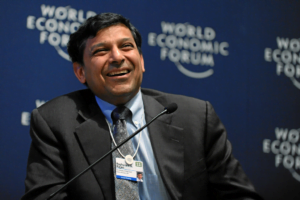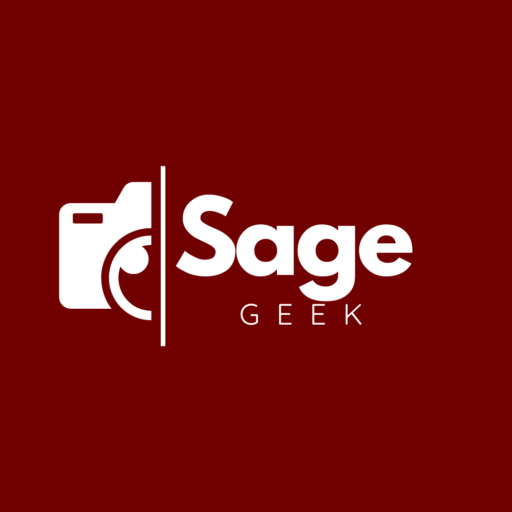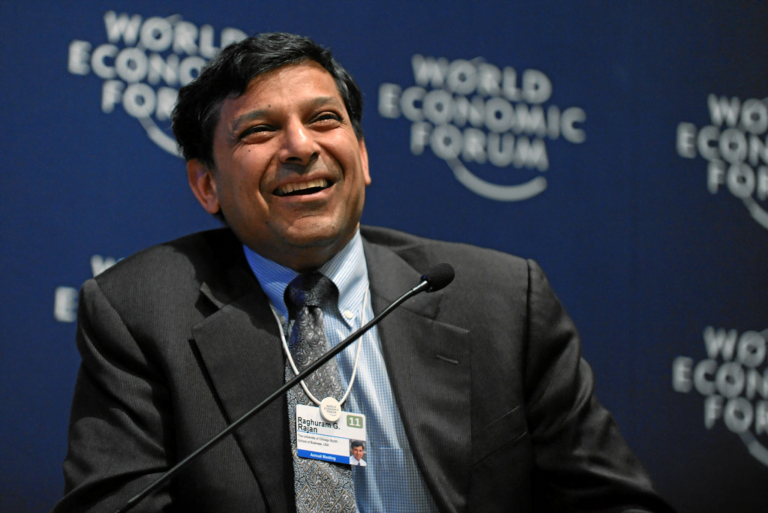In a pivotal moment for global business ethics, the International Cricket Council (ICC) has launched its updated 2023 Rules on Combating Corruption, marking a significant evolution from the previous 2011 edition. Acknowledged as a cornerstone for fostering business integrity on a global scale, these rules reflect a response to contemporary standards and corporate practices. Developed under the stewardship of the ICC Global Commission on Anti-corruption and Corporate Responsibility, these rules are poised to redefine the landscape of ethical business conduct.
Setting the Stage: Launch at the UN Conference
On December 11, ICC Chair Maria Fernanda Garza unveiled the 2023 Rules on Combating Corruption, coinciding with the commencement of the UN Conference of the States Parties to UN Convention against Corruption (UNCAC) in Atlanta. The launch occurred during the 10th Conference of States Parties (CoSP 10), commemorating the 20th anniversary of the UN Convention against Corruption. This event served as a platform to not only introduce the updated rules but also to assess the progress made in implementing this vital legal instrument.
A Conversation with Viviane Schiavi: Insights into the New Rules
Prior to the release, we had the opportunity to sit down with Viviane Schiavi, ICC Global Policy Lead on Anti-corruption and Corporate Responsibility, to gain deeper insights into the 2023 Rules and the pivotal role businesses can play in the ongoing fight against corruption.
Key Changes and Additions: Strengthening the Pillars
The 2023 ICC Rules on Combating Corruption introduce substantial changes and additions, elevating the efficacy of the framework. Let’s delve into these changes:
1. Enhanced Reporting Mechanisms:
- Question: How do the new rules fortify reporting mechanisms, and why is this crucial in the fight against corruption? The rules bolster provisions that facilitate reporting mechanisms, recognizing their pivotal role in uncovering and deterring corrupt practices. How can this enhanced reporting contribute to a more transparent corporate landscape?
2. Focus on Third Parties:
- Question: Why is there an increased emphasis on engaging and managing Third Parties, and how does this address integrity in the supply chain? The rules amplify the section dedicated to Third Parties, acknowledging them as potential weak links in the supply chain’s integrity. How can businesses effectively manage these vulnerabilities?
3. Introduction of Responsible Business Conduct:
- Question: What significance does the promotion of Responsible Business Conduct hold, and how does it align with sustainable development goals? For the first time, the rules call for the promotion of Responsible Business Conduct. How can enterprises contribute positively to sustainable development, and why is this an integral part of the updated rules?
Business Actions Against Corruption: A Call for Proactivity
Businesses are presented with a clear roadmap for combating corruption. The initial step involves establishing a robust code of conduct or company rules explicitly prohibiting corrupt practices in all forms. This includes commercial or public bribery, extortion, solicitation, trading in influence, and money laundering. Importantly, this prohibition extends to acts of corruption executed indirectly through Third Parties. In addition to this foundational step, companies are encouraged to adopt a proactive and constructive stance by instituting compliance programs. These programs, tailored to the specific nature of their business activity, should conduct comprehensive risk assessments to identify, manage, and address integrity issues. Key areas covered by these compliance programs include political and charitable contributions, conflicts of interest, and guidelines on gifts and hospitality.
ICC’s Global Influence on Anti-corruption Efforts: A Legacy of Leadership
The ICC has long been at the forefront of shaping anti-corruption initiatives, emphasizing the integral role of enterprise compliance with self-imposed rules. Since the issuance of its inaugural set of anti-corruption rules combating extortion and bribery in 1977, the ICC has consistently developed a robust suite of practical rules and guidelines for responsible business conduct. Central to its philosophy is the acknowledgment of the shared responsibility of international organizations and national governments in the collective fight against corruption and the simultaneous promotion of responsible business conduct. The ICC posits that only within a corruption-free system can all participants compete equitably on a level playing field.
4. Question: How does the ICC view the role of international organizations and national governments in the fight against corruption, and what is its stance on responsible business conduct?
The ICC believes in the shared responsibility of international organizations and national governments. How does this collaboration contribute to fostering a corruption-free system, and why is responsible business conduct a cornerstone of their philosophy?
Impact on Day-to-Day Business Operations: A New Standard Emerges
Anticipated to significantly impact day-to-day business operations, the 2023 ICC Rules on Combating Corruption are poised to set a new standard for corporate practices in managing integrity risks across global value chains. Notably, these rules offer a valuable tool, particularly beneficial for Small and Medium Enterprises (SMEs) that lack dedicated legal departments. Serving as a comprehensive guide, the rules outline considerations and necessary measures. As a universal tool transcending industries, the 2023 ICC Rules on Combating Corruption are positioned to shape a corporate landscape where ethical conduct is not merely encouraged but expected throughout global value chains.
5. Question: How can SMEs leverage the 2023 ICC Rules on Combating Corruption, and why are these rules especially valuable for businesses without dedicated legal departments?
As a tool for SMEs lacking legal departments, how can these rules provide practical guidance, and what considerations should businesses keep in mind when implementing them?
Conclusion: A Defining Moment for Corporate Integrity
The launch of the 2023 Rules on Combating Corruption marks a defining moment in the realm of corporate integrity. As businesses navigate an evolving global landscape, these rules provide a roadmap for establishing and upholding ethical standards. With a focus on reporting mechanisms, Third Party engagement, and the promotion of Responsible Business Conduct, the ICC has positioned these rules as a catalyst for positive change. As enterprises worldwide grapple with the complexities of modern business, the ICC’s commitment to a corruption-free system reinforces the idea that true competition thrives on a level playing field—one defined by integrity, transparency, and responsible business practices.
Credits : The International Chamber of Commerce (ICC)
Read more on the new 2023 ICC Rules on Combating Corruption
Learn more about ICC’s work on Anti-Corruption .






















+ There are no comments
Add yours